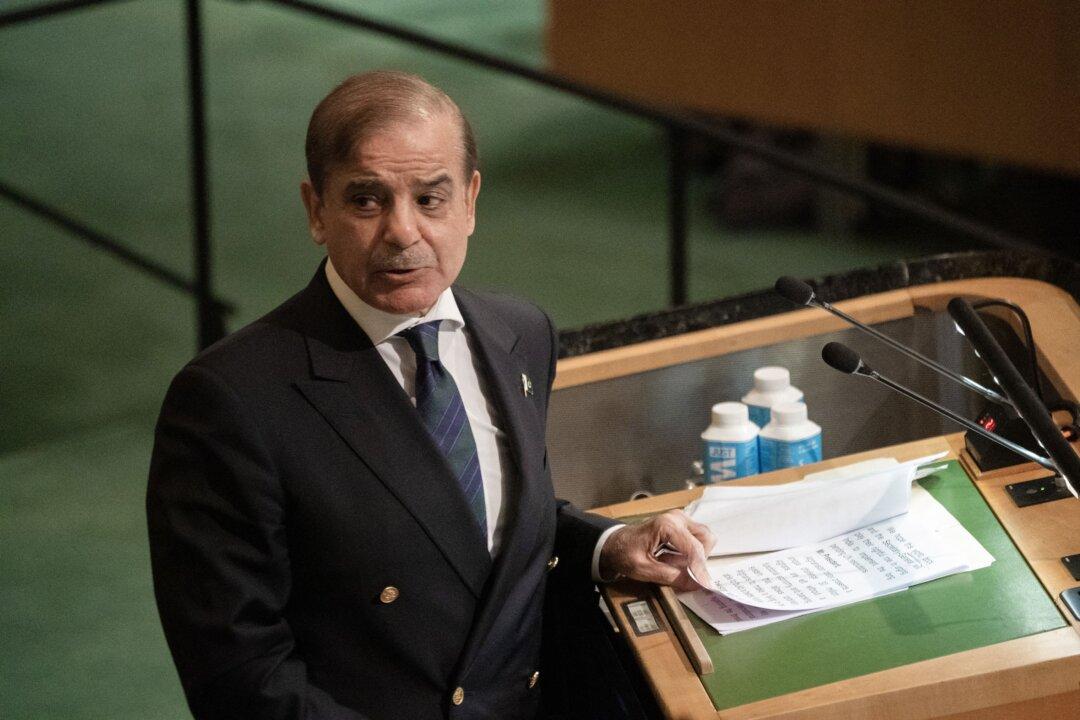Pakistani Prime Minister Shehbaz Sharif has appointed Lt. Gen. Asim Munir, the former Inter-Services Intelligence (ISI) chief, as head of the nuclear-armed military amid a political crisis.
The Ministry of Defense announced his appointment in a statement published by local media on Nov. 25. Munir will take over for Army Chief Gen. Qamar Javed Bajwa, whose six-year term expires on Nov. 29.





